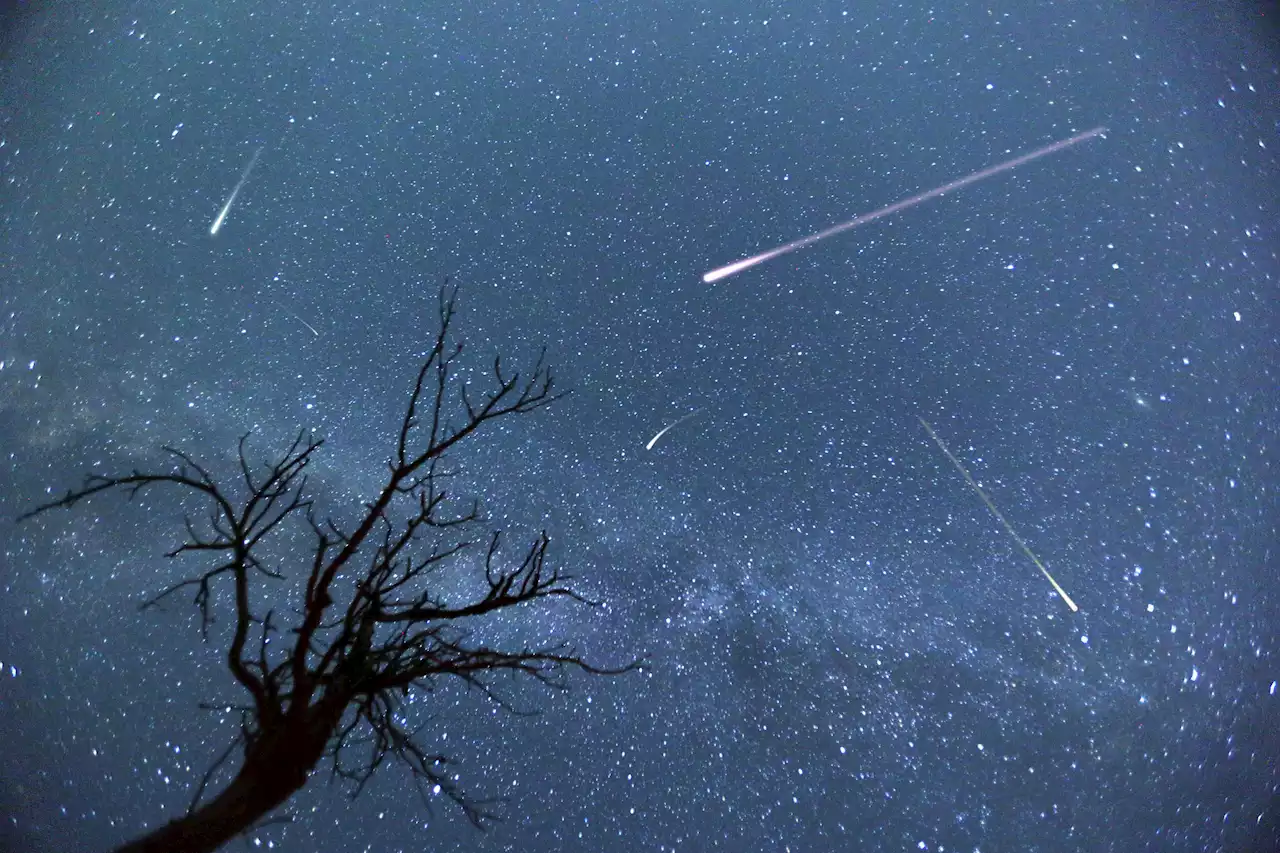NASA is back again with its monthly roundup up of skywatching treats, which this time includes a chance to view the distant ice giant planet Uranus.
NASA is back again with its monthly review of what to look out for in the night sky over the coming weeks.
The pairing involves a close conjunction of Mars and the distant ice giant planet Uranus, which you can see during the early part of August. NASA says that while you won’t be able to see Uranus with the naked eye, a pair of binoculars will help to bring both planets into view at the same time. Later in the month, on the morning of August 15, look skyward to see the moon appear just a finger’s width from Jupiter. “Like Mars and Uranus, they’ll make a great pairing through binoculars, and you’ll also likely catch a glimpse of Jupiter’s four largest moons,” NASA says in its monthly roundup.
NASA also says that August is a great month to see Saturn as it transitions from a late-night and early-morning object to an all-night sight. To spot it, look low in the east around 9 p.m. for a steady, yellowish point of light. Peer skyward nightly and you’ll notice how it rises a bit earlier as the month goes on.
United States Latest News, United States Headlines
Similar News:You can also read news stories similar to this one that we have collected from other news sources.
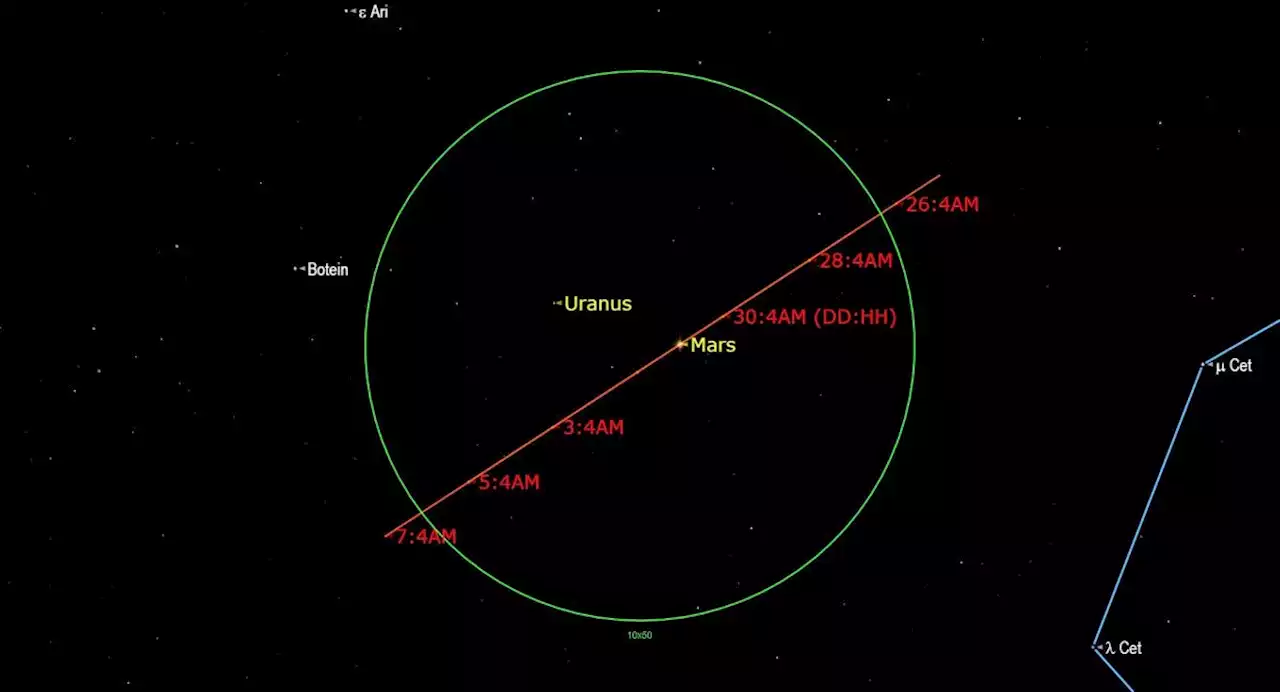 Use Mars to spot elusive Uranus on SundayThe two will be close enough to share the same field of view as seen through binoculars.
Use Mars to spot elusive Uranus on SundayThe two will be close enough to share the same field of view as seen through binoculars.
Read more »
 Here's What Uranus Scientists Think About Your Disgusting Jokes'It would be quite a boring world if it was all fairly dull and bland and factual. I do see these articles about Uranus and leaking fluids and it gives me a chuckle from time to time.'
Here's What Uranus Scientists Think About Your Disgusting Jokes'It would be quite a boring world if it was all fairly dull and bland and factual. I do see these articles about Uranus and leaking fluids and it gives me a chuckle from time to time.'
Read more »
 The Uranus-North Node conjunction in Taurus is here to shake up summerHere’s how each sign can harness the energy of July 31’s powerful astrological event, according to an astrologer.
The Uranus-North Node conjunction in Taurus is here to shake up summerHere’s how each sign can harness the energy of July 31’s powerful astrological event, according to an astrologer.
Read more »
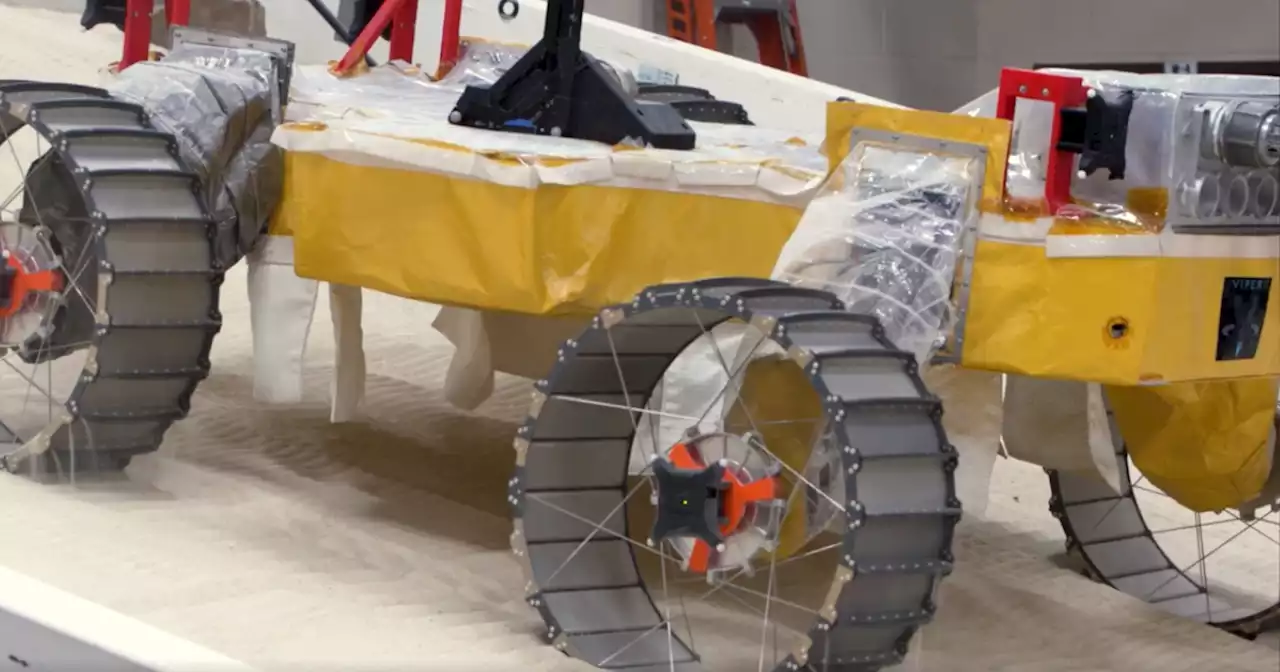 NASA Tests Rover Prototype After Announcing Launch DelayNASA’s Volatiles Investigating Polar Exploration Rover, or VIPER, is doing lunar terrain tests as NASA prepares it for a Moon mission.
NASA Tests Rover Prototype After Announcing Launch DelayNASA’s Volatiles Investigating Polar Exploration Rover, or VIPER, is doing lunar terrain tests as NASA prepares it for a Moon mission.
Read more »
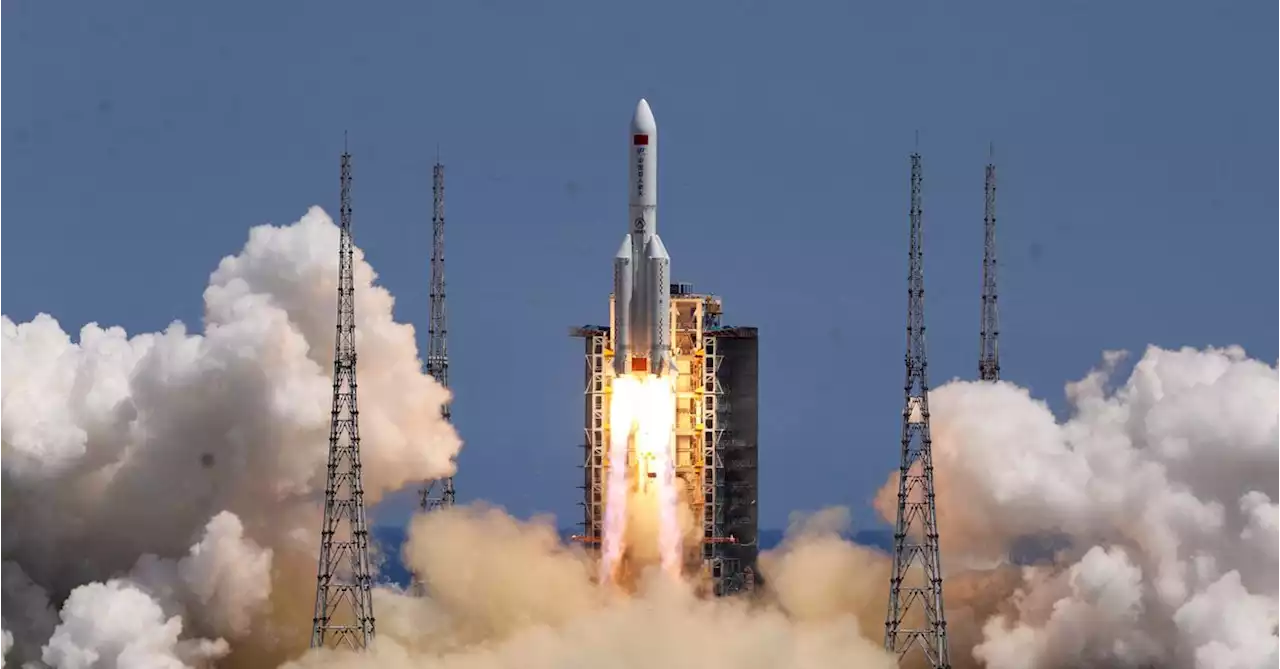 Chinese rocket falls to Earth, NASA says Beijing did not share informationA Chinese rocket fell back to Earth on Saturday over the Indian Ocean but NASA said Beijing had not shared the 'specific trajectory information' needed to know where possible debris might fall.
Chinese rocket falls to Earth, NASA says Beijing did not share informationA Chinese rocket fell back to Earth on Saturday over the Indian Ocean but NASA said Beijing had not shared the 'specific trajectory information' needed to know where possible debris might fall.
Read more »
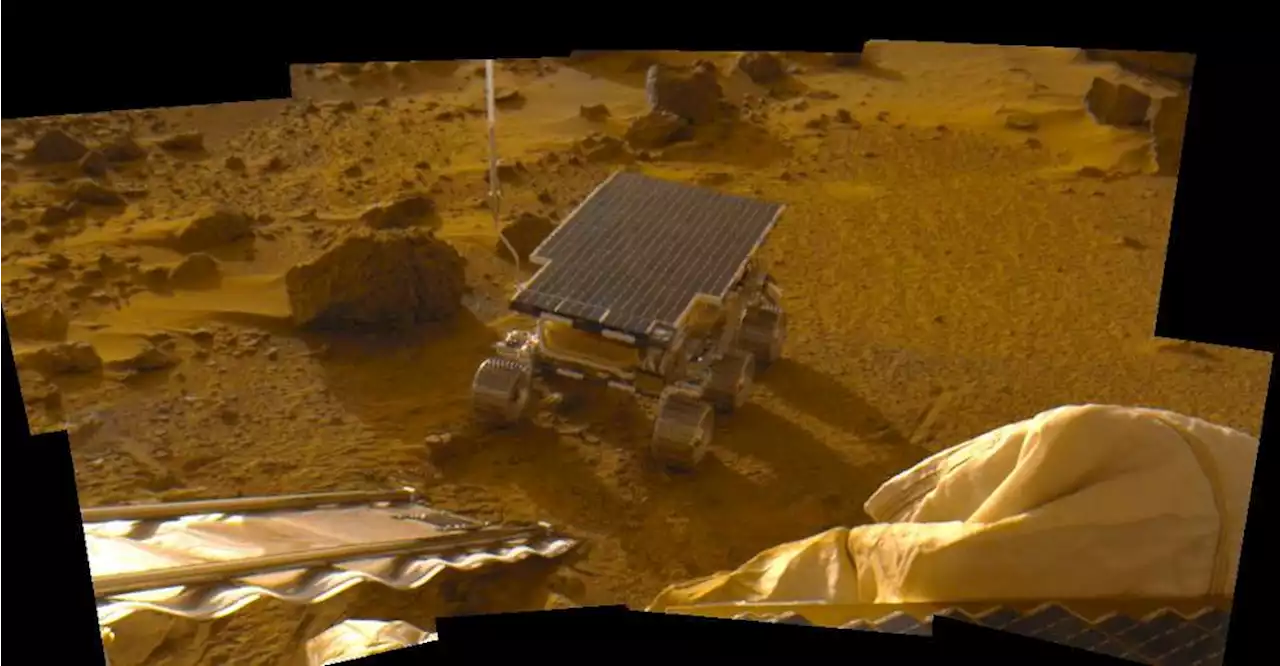 It's been 25 years since the first NASA rover landed on Mars | Digital TrendsThis month saw a very special martian aniversary, as NASA celebrated 25 years since the Pathfinder mission touched down on Mars.
It's been 25 years since the first NASA rover landed on Mars | Digital TrendsThis month saw a very special martian aniversary, as NASA celebrated 25 years since the Pathfinder mission touched down on Mars.
Read more »
